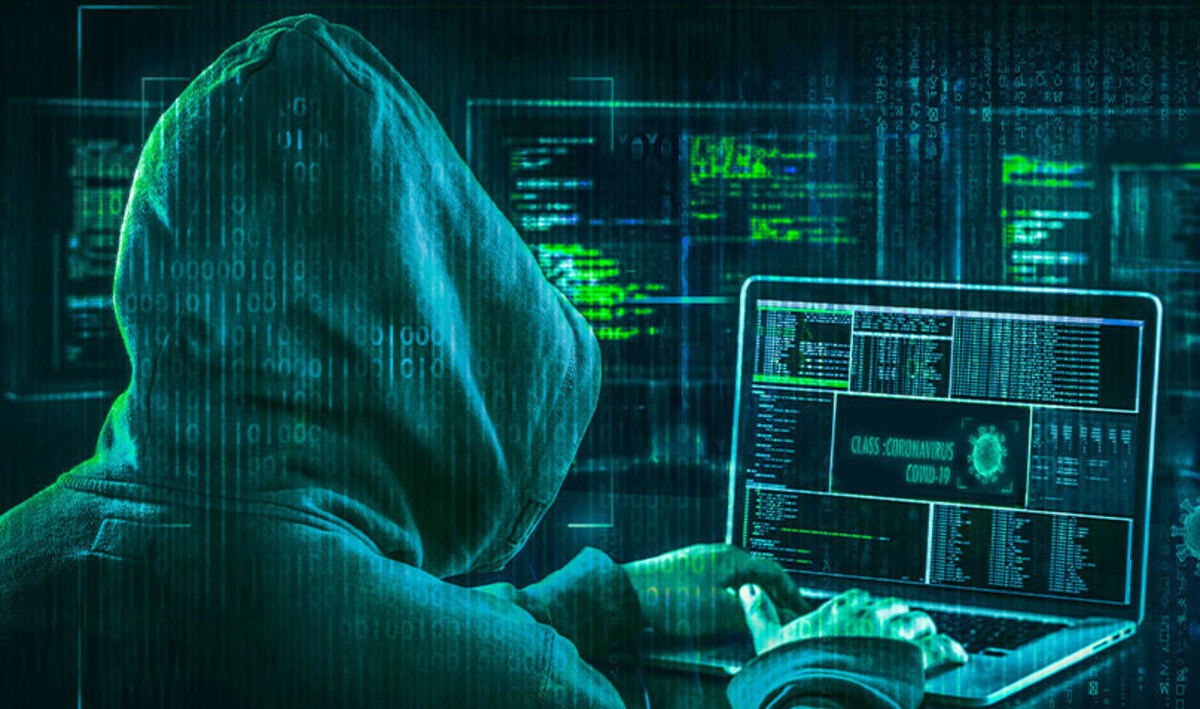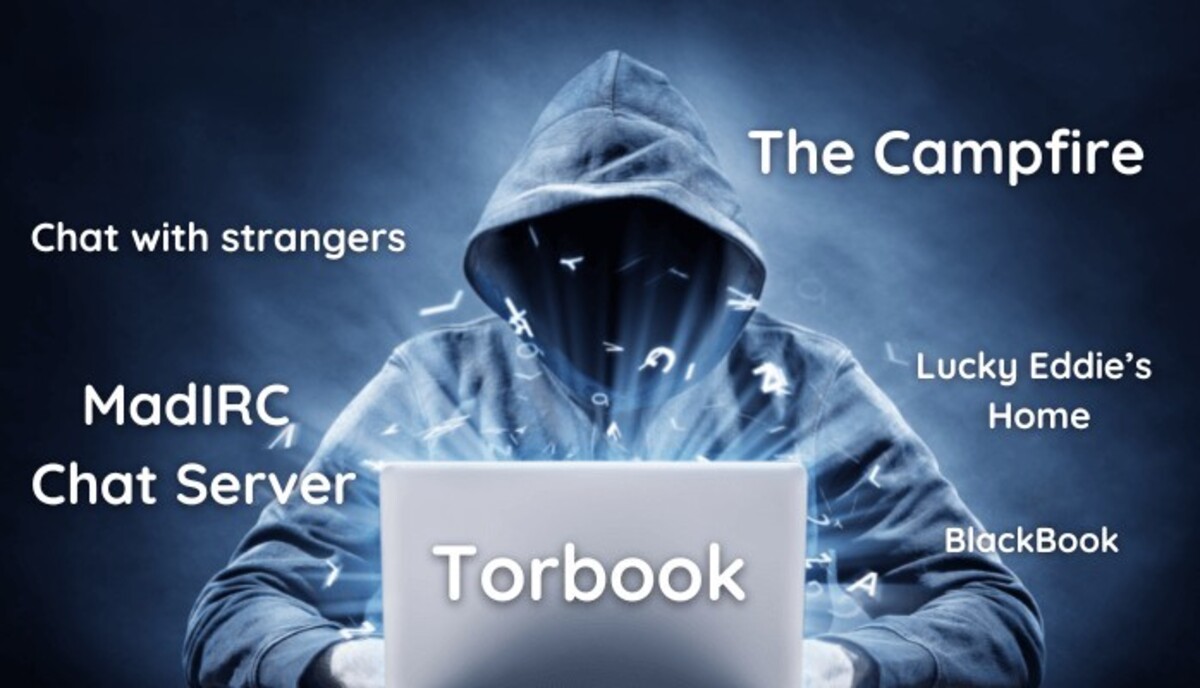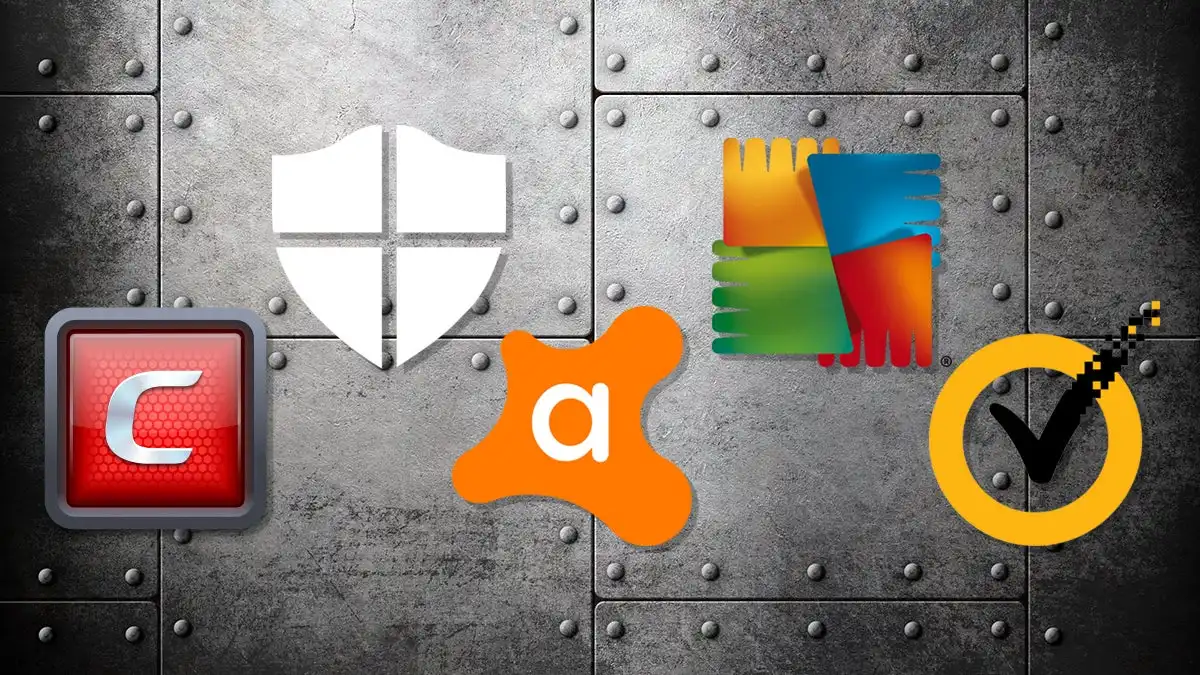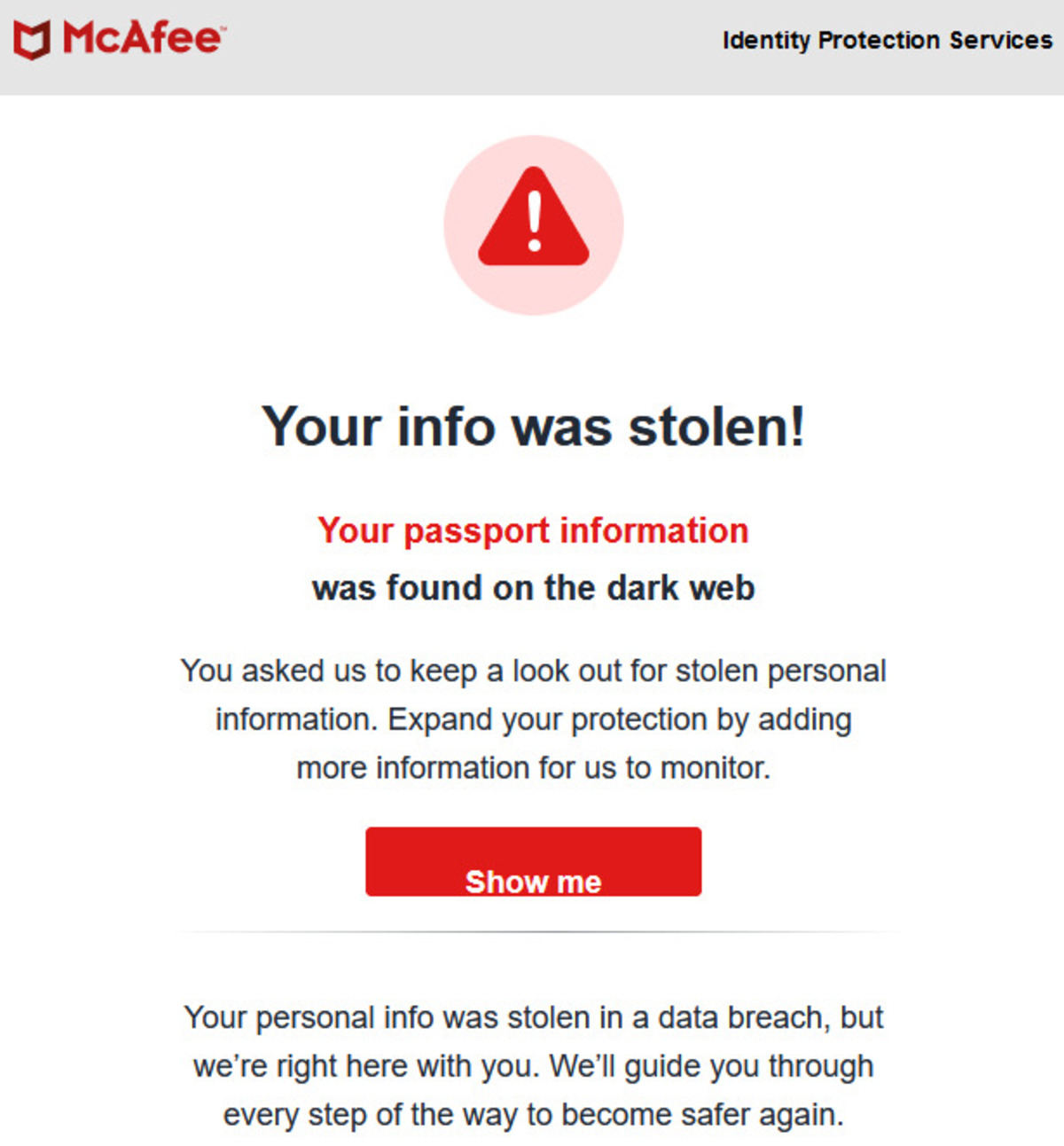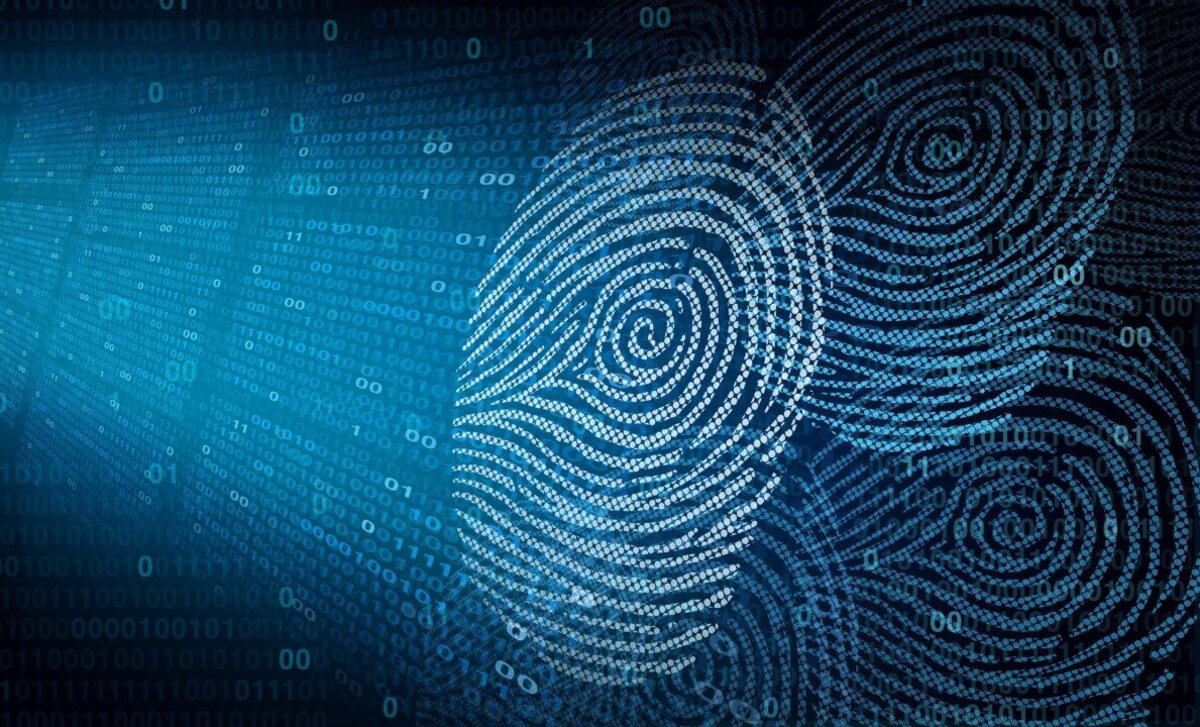Introduction
Welcome to the dark underbelly of the internet – the Dark Web. This mysterious and often misunderstood part of the digital world is notorious for being a hub for illicit activities, including hacking.
With the increasing number of cyber threats and the need for robust cybersecurity measures, understanding the Dark Web and its denizens can be crucial in protecting yourself and your online assets. Whether you’re a security professional, an investigator, or just a curious individual, knowing how to find a hacker on the Dark Web can provide invaluable insights and help you stay one step ahead.
In this article, we will delve into the world of the Dark Web, explore the reasons why you might want to find a hacker, and guide you through the process of identifying and connecting with potential hackers. Please note that this information is provided for informational purposes only, and engaging in illegal activities is strictly discouraged.
So, fasten your virtual seatbelt, and let’s explore the shadows.
What is the Dark Web?
The Dark Web, also known as the Darknet, is a part of the internet that cannot be accessed through traditional search engines. It exists on encrypted networks such as Tor (The Onion Router) and I2P (Invisible Internet Project), providing users with anonymity and privacy. While the Dark Web is often associated with illicit activities, it also serves as a platform for whistleblowers, journalists, and individuals seeking uncensored communication.
Unlike the surface web, which can be accessed by anyone, the Dark Web requires specialized software to navigate. This software encrypts internet traffic and relays it through a series of nodes, making it difficult to trace users’ activities and locations.
Within the Dark Web, hidden marketplaces allow the buying and selling of illegal goods and services, including drugs, weapons, counterfeit documents, and hacking tools. It is important to note that accessing, using, or participating in any illegal activities is strictly against the law and can have serious consequences.
While the Dark Web can be a murky and dangerous place, it is not inherently evil. It provides a level of anonymity that can be essential for protecting free speech and whistleblowing. Researchers, journalists, and law enforcement agencies also utilize the Dark Web to gather intelligence and investigate criminal activities.
Understanding the Dark Web is a crucial step in comprehending the world of hackers and cybersecurity threats. By exploring this hidden realm, we can gain insights into the methods, motivations, and techniques employed by hackers, ultimately strengthening our own defenses.
Why would you want to find a hacker?
While the term “hacker” often carries negative connotations, there are legitimate reasons why you might want to find a hacker on the Dark Web. Let’s explore some of these motivations:
1. Cybersecurity Education: With the increasing prevalence of cyber threats, understanding the techniques and tactics employed by hackers can help individuals and organizations better protect themselves. By studying the actions of hackers on the Dark Web, cybersecurity professionals can gain invaluable insights into vulnerabilities and potential exploits.
2. Investigative Purposes: Law enforcement agencies and cybersecurity firms may seek hackers on the Dark Web to gather intelligence and investigate criminal activities. Gathering information on hackers’ methods and networks can aid in identifying and prosecuting cybercriminals.
3. Vulnerability Testing: Organizations often hire ethical hackers to conduct penetration testing, also known as “white hat hacking.” These hackers assess the security of a system or network by exploiting vulnerabilities, helping businesses identify and address potential weaknesses before malicious actors can exploit them.
4. Cybersecurity Solutions: Some cybersecurity companies offer services such as threat intelligence and monitoring. By actively engaging with hackers on the Dark Web, these companies can gain insight into emerging threats and develop effective countermeasures to protect their clients.
5. Personal Security: Individuals who have fallen victim to cybercrimes, such as identity theft or hacking, may seek out hackers on the Dark Web to gain access to valuable information or retrieve stolen data. This can help in restoring personal security and minimize the damage caused by the initial breach.
It is important to note that engaging with hackers on the Dark Web comes with significant risks and legal implications. Unless you are a trained professional or acting under the guidance of law enforcement, it is strongly advised against attempting to find a hacker on the Dark Web for personal or illegal purposes.
Understanding the risks
Exploring the Dark Web and engaging with hackers carries inherent risks that should not be taken lightly. It is crucial to understand these risks before venturing into this murky territory:
1. Legal Consequences: The Dark Web is notorious for harboring illegal activities, and engaging in any illegal acts can lead to severe legal repercussions. Participating in hacking activities, purchasing illegal items, or facilitating criminal actions can result in arrests, fines, and even imprisonment.
2. Increased Vulnerability: When accessing the Dark Web, you expose yourself to a wide range of cyber threats. The sites on the Dark Web are often rife with malware, phishing scams, and other malicious activities. Connecting to these sites without proper precautions can result in compromising your personal information and the security of your devices.
3. Loss of Anonymity: While the Dark Web provides a level of anonymity, it is not foolproof. Engaging with hackers and participating in discussions or transactions can potentially reveal your identity or location. Law enforcement agencies actively monitor the Dark Web, and you could unknowingly expose yourself to investigations or surveillance.
4. Ethical Dilemmas: Entering the Dark Web raises ethical concerns. Supporting illegal activities, even indirectly, can have serious ethical implications. It is essential to carefully consider your actions and the potential consequences they may have on others.
5. Psychological Impact: Navigating the Dark Web can expose you to disturbing and illegal content. This exposure can have a profound psychological impact, leading to stress, anxiety, and even trauma. It is crucial to prioritize your mental well-being and exercise caution when exploring this hidden realm.
Before embarking on any explorations in the Dark Web, it is important to fully understand and assess the risks involved. Engaging with hackers or participating in any illegal activities not only violates the law but also jeopardizes your personal security and integrity.
Researching the Dark Web
As you delve into the Dark Web, it is important to conduct thorough research to gather knowledge and understand its inner workings. Here are some steps to help you in your quest:
1. Educate Yourself: Start by familiarizing yourself with the concepts and technologies that underpin the Dark Web, such as Tor and encrypted networks. Understand the principles of anonymity, encryption, and the different layers of the internet.
2. Reliable Resources: Utilize reputable sources, online forums, and communities to gain insights from individuals knowledgeable about the Dark Web. Be cautious and verify information from multiple sources to ensure accuracy.
3. Networking: Engage with cybersecurity professionals, researchers, and enthusiasts who specialize in the Dark Web. Attend conferences, webinars, or join online communities where you can connect with like-minded individuals and exchange valuable information.
4. Stay Up-to-Date: The Dark Web is constantly evolving, and new techniques and tools emerge regularly. Stay informed about the latest developments, trends, and threats through blogs, news outlets, and reputable cybersecurity sources.
5. Ethical Guidelines: It is important to establish ethical guidelines for your research. Respect the law and refrain from engaging in illegal activities or supporting criminal actions. By adhering to ethical principles, you can contribute to the responsible exploration and better understanding of the Dark Web.
6. Use Virtual Machines and VPNs: To protect your devices and maintain anonymity, consider working within virtual machine environments and use virtual private networks (VPNs) to encrypt your internet traffic. This will add an extra layer of security and prevent potential attacks on your system.
7. Monitor the Dark Web: Several tools and services are available to monitor the Dark Web for specific keywords, discussions, or mentions relevant to your research interests. These tools can help you uncover valuable information and stay informed about emerging threats.
8. Document and Analyze: Keep detailed records of your research findings and observations. Analyze the information gathered from forums, websites, and other sources to gain a comprehensive understanding of the Dark Web landscape.
Remember, researching the Dark Web requires caution, diligence, and adherence to legal and ethical standards. It is essential to approach this realm with a keen sense of responsibility and respect for the potential risks involved.
Navigating the Dark Web securely
Exploring the Dark Web can be risky, but with proper precautions and security measures, you can minimize potential threats and navigate this hidden realm more safely. Here are some important tips for navigating the Dark Web securely:
1. Use Secure Software: Utilize a secure and reputable browser, such as Tor, to access the Dark Web. This software encrypts your internet traffic and allows you to navigate anonymously. Keep your software updated to protect against known vulnerabilities.
2. Enable Firewall and Antivirus Protection: Ensure that you have a strong firewall and reliable antivirus software installed on your device. This will provide an additional layer of defense against malware and other malicious activities.
3. Don’t Disable JavaScript: Although disabling JavaScript may seem like a good security measure, it can actually make you stand out and become more identifiable on the Dark Web. Leaving JavaScript enabled is recommended for a more discreet browsing experience.
4. Be Mindful of Downloads: Exercise caution when downloading files from the Dark Web. Only download files from trusted sources and scan them for malware before opening them. Avoid executing any suspicious files that may compromise your system.
5. Use Pseudonymous Accounts: When creating accounts or engaging in discussions on the Dark Web, use pseudonyms or aliases instead of using your real identity. This helps protect your personal information and adds an extra layer of anonymity.
6. Avoid Personal Information: Refrain from providing any personal information, including your real name, address, or contact details on the Dark Web. Minimizing the exposure of your personal information decreases the risk of identity theft or potential targeting by malicious actors.
7. Protect Your Location: Use a virtual private network (VPN) to hide your IP address and mask your location. This helps in maintaining your privacy and makes it more challenging for anyone to track your online activities.
8. Don’t Click on Suspicious Links: Exercise caution when clicking on links within the Dark Web. Malicious links can lead to phishing scams or malware-infected websites. Verify the legitimacy of the source before clicking on any links.
9. Dispose of Digital Traces: Clear your browsing history, cookies, and cache regularly to minimize the digital traces left behind. This reduces the chance of your online activities being traced back to you.
Remember, these security measures are not foolproof, and the Dark Web still poses significant risks. It is important to stay vigilant, exercise critical thinking, and prioritize your personal safety and security when navigating this hidden realm.
Websites and forums to explore
The Dark Web is home to numerous websites and forums where hackers, cybercriminals, and individuals with various interests converge. While we strongly advise against participating in illegal activities, understanding the landscape of these websites and forums can provide valuable insights and a glimpse into the hacker community. Here are some notable ones to explore:
1. The Hidden Wiki: Considered one of the oldest and most well-known directories of Dark Web websites, The Hidden Wiki serves as a starting point for many users looking to explore the Dark Web. It provides links to various categories, including forums, marketplaces, and information resources.
2. Dread: An important forum on the Dark Web, Dread is known as a successor to the notorious Reddit forum “r/DarkNetMarkets.” It is a platform where users can discuss various topics, including security, marketplaces, and technology. While Dread also contains illegal content, it is a valuable source of information about the Dark Web.
3. Torum: Dubbed as the “Dark Web’s Central Forum,” Torum is a popular community that covers a wide range of topics, such as hacking, cybersecurity, cryptocurrency, and marketplaces. It boasts a vibrant user base that shares knowledge, experiences, and discussions related to the Dark Web.
4. HackForums: Considered one of the biggest hacking forums, HackForums provides a platform for hackers and enthusiasts to discuss hacking techniques, tools, and exploits. It covers various topics, including programming, social engineering, and network security.
5. The Dark Web Journal: The Dark Web Journal is a website dedicated to providing information and news related to the Dark Web. It covers topics such as cybersecurity, privacy tools, marketplaces, and current events in the Dark Web ecosystem.
6. AlphaBay Market: While we discourage participation in illegal activities, AlphaBay Market was once one of the largest Dark Web marketplaces before it was shut down by law enforcement. Exploring archived content from such marketplaces can offer insights into the types of goods and services that were available and shed light on the darker side of the Dark Web.
7. OnionLand Search Engine: OnionLand is a search engine specifically designed for the Dark Web. It allows users to search for websites and forums located within the encrypted layers of the Dark Web. However, exercise caution as some search results may lead to illegal and malicious sites.
Remember, engaging with websites and forums on the Dark Web comes with significant risks. It is essential to prioritize your safety, adhere to legal and ethical boundaries, and refrain from participating in illegal activities.
Identifying potential hackers
When it comes to finding a hacker on the Dark Web, identifying potential candidates can be a challenging task. However, by employing careful research and observation, you can increase your chances of finding individuals with the necessary skills and expertise. Here are some methods to help identify potential hackers:
1. Forums and Communities: Explore Dark Web forums and communities where hackers gather. Look for individuals who actively participate and contribute knowledge in discussions related to hacking, cybersecurity, or programming. Pay attention to the quality and depth of their contributions, as this can indicate their level of expertise.
2. Reputation and Track Record: Reputation is crucial in the hacker community. Look for individuals who have a track record of successfully executing notable hacking projects or have been acknowledged for their skills. Seek out references or endorsements from trusted sources to validate their abilities.
3. Hacker Identifiers: Some hackers may adopt unique identifiers or aliases. Keep an eye out for individuals who are known by specific monikers within hacker communities. Their reputation, history, and online presence associated with these identifiers can provide valuable insights.
4. Portfolio and Demonstrations: Genuine hackers often maintain online portfolios or websites showcasing their skills, past projects, or achievements. Look for individuals who offer documentation or evidence of their capabilities, such as successful penetrations or vulnerabilities identified.
5. Social Engineering: Engaging with the hacker community and building connections can provide opportunities to identify potential hackers. Establish genuine relationships and seek insights from those with knowledge of the community. However, tread carefully and ensure you do not compromise your own safety or engage in illegal activities during this process.
6. Marketplaces: While we discourage participating in illegal activities, Dark Web marketplaces may offer insights into hacking services and products. Evaluate vendors who advertise hacking-related services, but exercise caution and ensure you are working within legal and ethical boundaries.
7. Collaboration Platforms: Some hacking groups or organizations have collaboration platforms or repositories where members share and collaborate on hacking projects. Explore these platforms to identify potential hackers who are actively contributing to such initiatives.
It is important to approach the search for a hacker on the Dark Web with caution and adhere to legal and ethical boundaries. Remember, engaging in illegal activities is not only against the law but can also have severe consequences. Prioritize cybersecurity awareness and personal safety throughout your exploration.
Establishing contact
Once you have identified potential hackers on the Dark Web, establishing contact requires careful consideration and a cautious approach. Engaging with hackers can be risky, so it is crucial to prioritize your safety and adhere to legal and ethical boundaries. Here are some steps to help you navigate the process of establishing contact:
1. Research and Verify: Before reaching out to a potential hacker, conduct thorough research to gather as much information as possible. Verify their online presence, reputation, and track record through trusted sources to ensure their credibility.
2. Pseudonym and Anonymity: When initiating contact, use a pseudonym or alias to protect your real identity. Likewise, consider utilizing a virtual private network (VPN) to mask your IP address and maintain your anonymity throughout the communication process.
3. Encryption and Secure Communication: Prioritize secure communication channels to protect the confidentiality of your conversations. Encrypted messaging apps or software, such as PGP (Pretty Good Privacy), can provide an additional layer of security to prevent eavesdropping.
4. Introduce Yourself and State Your Purpose: When initiating contact, introduce yourself briefly and clearly state the purpose of your communication. Be transparent about your intentions, whether it is for research, ethical hacking, or seeking guidance related to cybersecurity.
5. Respect Boundaries and Legal Constraints: Make it clear from the beginning that you will not engage in or support any illegal activities. Demonstrate a commitment to responsible and ethical behavior throughout your interactions.
6. Engage in Meaningful Conversation: Once you establish contact, engage the potential hacker in meaningful conversation related to their expertise or area of interest. Ask intelligent questions, demonstrate a genuine interest in their work, and be respectful of their knowledge and boundaries.
7. Evaluate Communication Skills and Reliability: Assess the potential hacker’s communication skills and reliability based on their promptness, clarity, and willingness to provide information. Look for individuals who demonstrate professionalism, technical expertise, and a commitment to security and confidentiality.
8. Maintain Caution and Vigilance: Throughout the communication process, remain vigilant and cautious. Trust is built over time, so be patient and evaluate the potential hacker’s behavior and actions before fully engaging in any collaborative projects or sharing sensitive information.
Remember, engaging with hackers on the Dark Web carries significant risks. It is important to prioritize your safety, adhere to legal and ethical boundaries, and evaluate each interaction to ensure your cybersecurity endeavors remain within responsible limits.
Verifying their skills and reliability
When considering working with a hacker on the Dark Web, it is essential to verify their skills and reliability to ensure you are collaborating with a trustworthy individual. Here are some steps to help you assess their capabilities:
1. Analyze Past Work: Request examples of their past hacking projects or demonstrations of their skills. Analyzing their previous work can give you insights into their technical proficiency, problem-solving abilities, and creativity in finding vulnerabilities.
2. Request References: Ask for references or recommendations from trusted sources within the hacker community. Receiving endorsements from individuals who have worked with the hacker can provide valuable insights into their reliability and professionalism.
3. Evaluate Reputation: Research the hacker’s online reputation within the Dark Web community. Look for reviews or feedback from other individuals who have interacted with them. Consider the overall sentiment and consistency of the feedback received to assess their level of trustworthiness.
4. Engage in Technical Discussions: Engage the hacker in technical discussions related to their area of expertise. Ask them questions to gauge their depth of knowledge, problem-solving skills, and ability to explain complex concepts. Look for individuals who can provide insightful and practical answers.
5. Collaborate on Non-sensitive Projects: Start by collaborating on smaller, non-sensitive projects to assess their reliability and professionalism. This can include working on low-risk tasks or bug bounty programs to evaluate their abilities in a controlled environment.
6. Trustworthy Testing Methods: Request the hacker to carry out authorized penetration tests or vulnerability assessments on your own systems or assets. This will allow you to observe their methods, communication, and documentation skills, and gain insight into their reliability and professionalism.
7. Professionalism and Communication: Assess the hacker’s professionalism throughout your interactions. Look for timely and effective communication, adherence to agreed-upon timelines, and a willingness to provide updates or progress reports. A reliable hacker will demonstrate accountability and transparency in their communication.
8. Validate Credentials and Certifications: Request proof of any relevant credentials or certifications that the hacker claims to have. Verify the legitimacy of these credentials through reputable sources or organizations to ensure their validity.
Remember, while these steps can help you gauge the skills and reliability of a hacker, engaging with them always carries risks. Prioritize your safety, adhere to legal and ethical boundaries, and exercise caution when sharing sensitive information or collaborating on projects.
Maintaining anonymity and protecting yourself
When exploring the Dark Web and interacting with hackers, maintaining anonymity and protecting your identity and personal information is paramount. Here are important steps you can take to safeguard yourself:
1. Use Pseudonyms and Aliases: Avoid using your real name or personal information when engaging with hackers. Instead, create pseudonyms or aliases to protect your identity and maintain anonymity. Be consistent with the persona you create to avoid accidental slip-ups.
2. Utilize Encryption Tools: Employ encryption tools and techniques to secure your communication and data. Utilize encrypted messaging apps, virtual private networks (VPNs), and other encryption software to protect your conversations and online activities from prying eyes.
3. Avoid Sharing Sensitive Information: Refrain from sharing personal or sensitive information on the Dark Web. This includes your real name, address, phone number, or any financial details. Assume that any information shared online can be accessed or used maliciously.
4. Use Dedicated Devices or Virtual Machines: Consider using dedicated devices or virtual machines (VMs) when accessing the Dark Web. This helps to isolate your Dark Web activities from your main system and minimizes the risk of data leaks or infections affecting your primary devices.
5. Regularly Update Security Software: Keep your security software, antivirus programs, and operating system updated to protect against malware and potential vulnerabilities. Regularly install patches and updates to ensure your devices are equipped with the latest security measures.
6. Be Skeptical of Links and Downloads: Exercise caution when clicking on links or downloading files from the Dark Web. Avoid clicking on suspicious links, and be cautious of the files you download. Scan all downloads for malware before opening them to prevent potential security breaches.
7. Separate Dark Web Activities: Isolate your Dark Web activities from your regular browsing habits. Use different browsers or profiles when accessing the Dark Web to minimize the risk of accidentally exposing your identity or sensitive information.
8. Regularly Change Passwords: Maintain good password hygiene by regularly changing your passwords for Dark Web accounts and utilizing strong, unique passwords. Consider using password managers to securely store and generate complex passwords for your various accounts.
9. Trust Your Instincts: If something feels off or suspicious during your interactions on the Dark Web, trust your instincts and prioritize your safety. If you sense any potential risks or malicious intent, it is crucial to disengage and prioritize your personal well-being.
Remember, the Dark Web can be a dangerous and unpredictable place. Prioritize your safety, be cautious of the activities you engage in, and always adhere to legal and ethical boundaries. Safeguarding your anonymity and protecting yourself should be your highest priority throughout your Dark Web explorations.
Conclusion
The Dark Web is a fascinating yet treacherous realm that requires caution, knowledge, and careful navigation. While finding a hacker on the Dark Web may seem enticing for various purposes, it is crucial to prioritize legal, ethical conduct, and personal safety throughout the process.
Through thorough research and understanding, you can gain insights into the Dark Web, its denizens, and the world of hacking. However, engaging with hackers comes with significant risks, including legal consequences, compromised security, and potential ethical dilemmas.
When exploring the Dark Web, prioritize anonymity and protect your identity and personal information by adopting pseudonyms, utilizing encryption tools, and being cautious about sharing sensitive details. Maintain strong cybersecurity practices, such as using secure software, updating security tools, and exercising skepticism when interacting with links or downloads.
Verifying the skills and reliability of potential hackers is crucial to ensure a trustworthy partnership. Evaluate their past work, reputation, and professionalism before collaborating. However, always remember to stay within legal and ethical boundaries, avoiding any involvement in illegal activities.
Overall, the Dark Web offers unique insights into the world of hacking and cybersecurity threats. By studying and understanding this hidden realm, individuals and organizations can strengthen their defenses, enhance cybersecurity awareness, and contribute to a safer digital ecosystem.
Remember, the purpose of exploring the Dark Web should primarily be for educational or research purposes, assisting law enforcement, or strengthening cybersecurity measures. Engaging in illegal activities is strictly discouraged and can have serious legal consequences.
As you navigate the depths of the Dark Web, always prioritize your safety, protect your identity, and stay vigilant. Approach this realm with caution, responsibility, and a commitment to upholding legal and ethical standards.







